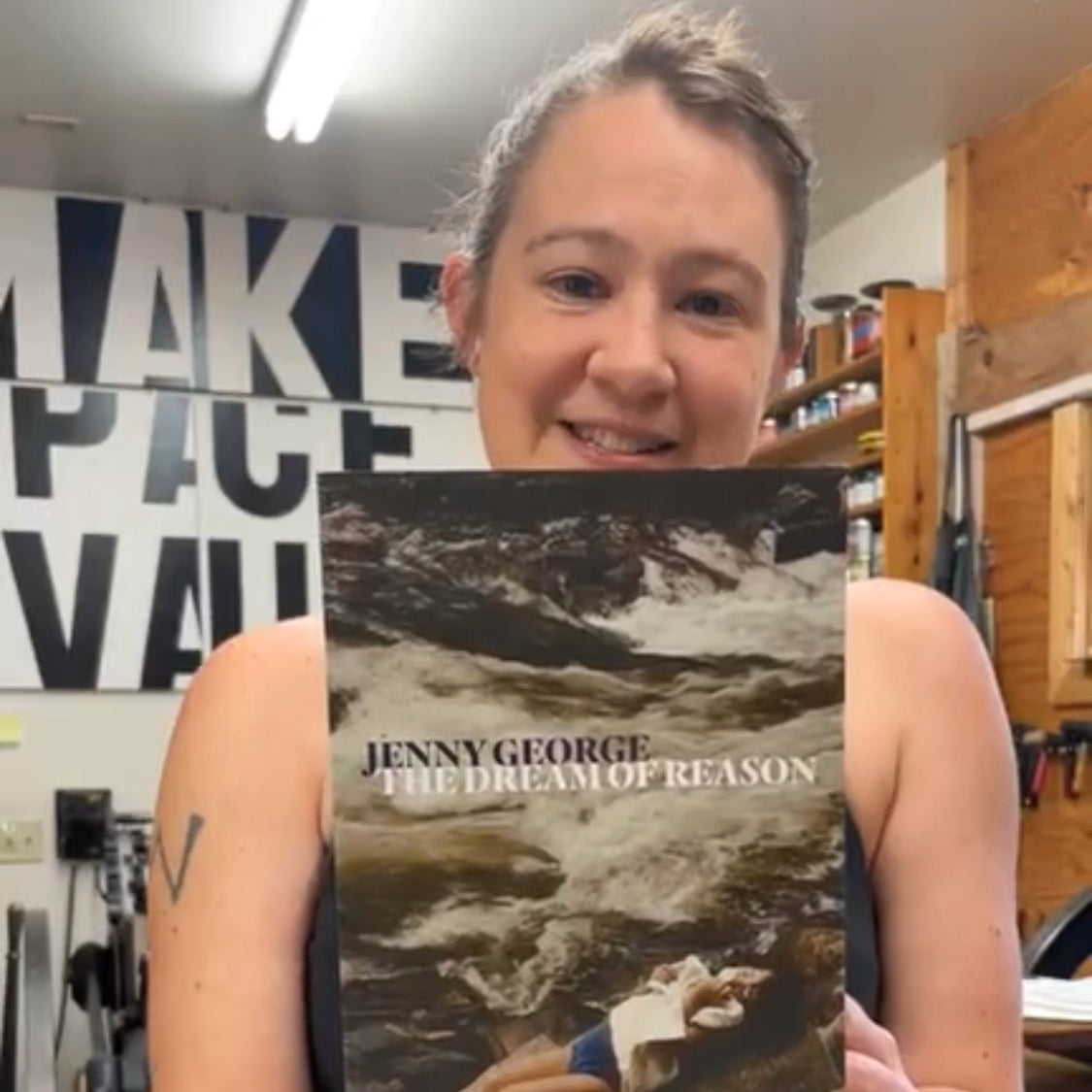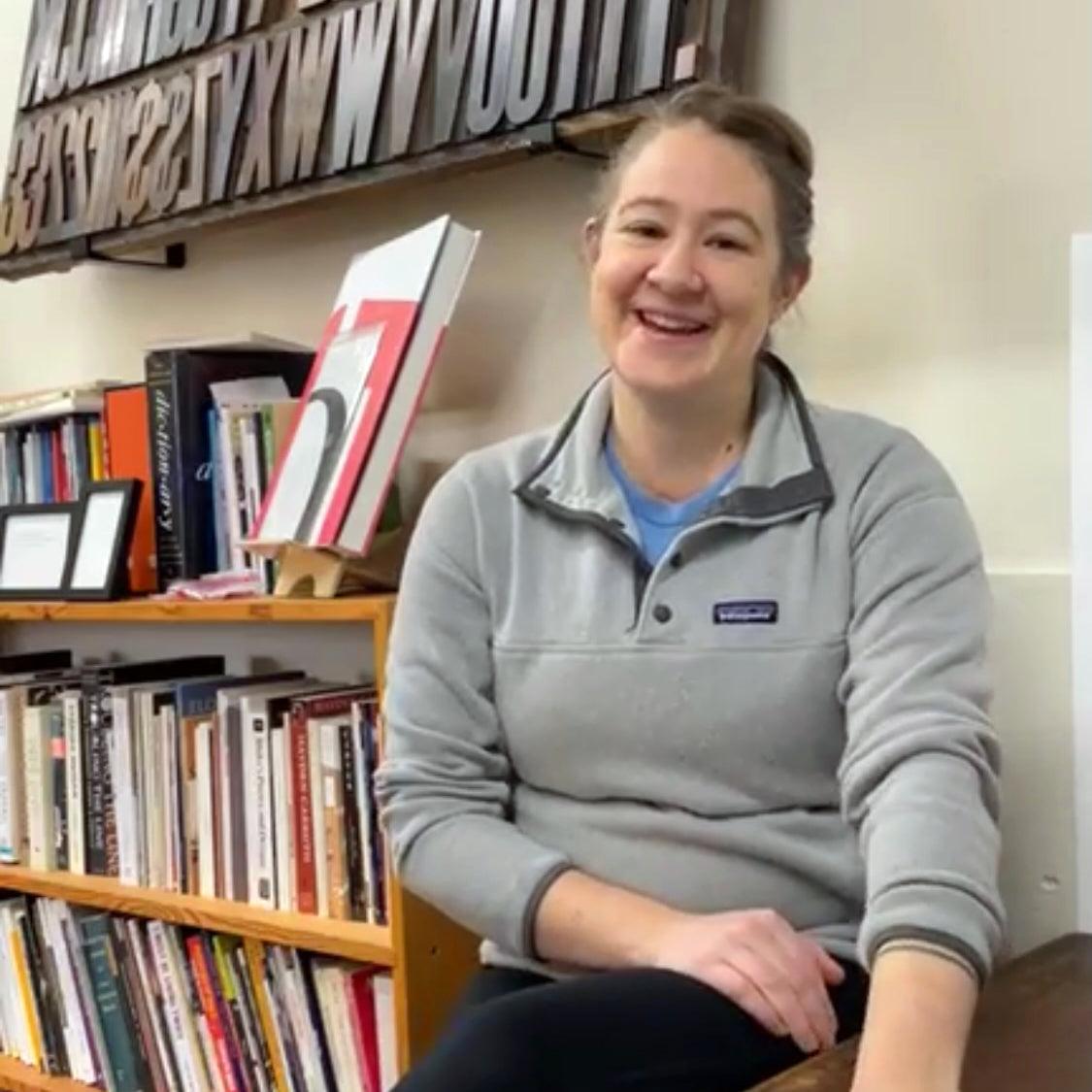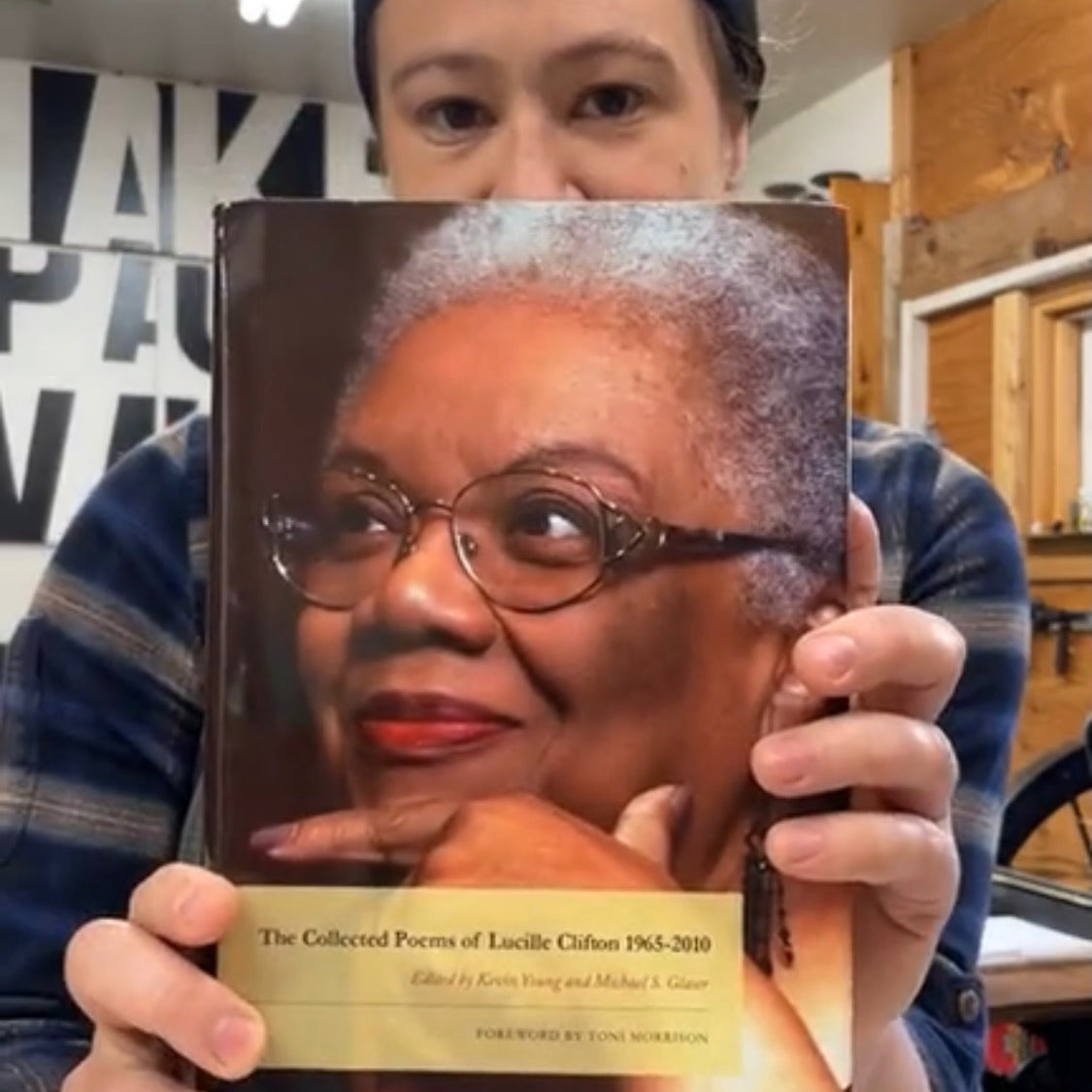Reading “The Layers” by Stanley Kunitz
Poetry Lunch S1E11
Reading “The Layers” by Stanley Kunitz from The Collected Poems, published by W.W. Norton & Company.
//
I love this poem. I don’t know when or where I first read it but I suspect it was in this book, which I bought after being captured by a couple lines from another of his poems, “The Testing Tree.” Which I think I encountered, at least partially, in the epigraph of Kate DiCamillo’s children’s novel The Miraculous Journey of Edward Tulane which also I forgot about till this moment.
Well and there you go, how many layers to go through to get back to this poem? Here are the lines from “The Testing Tree” that caught me:
“In a murderous time
the heart breaks and breaks
and lives by breaking.
It is necessary to go
through dark and deeper dark
and not to turn.”
Even more harrowing than I remembered! Wow do those words give me the chills still, as I read them now I hear my friend Tree’s voice reciting two lines from “The Layers” low and haunting:
“How shall the heart be reconciled
to its feast of losses?”
She gave that line as an example that the essential unit of poetry is indeed the line. Not the book, nor even the poem, but the line. Which is why people often don’t finish books of poetry or may take years to get from one page to the next (very much my experience).
Because when we are reading poetry we are looking for something. And that something is often held in a line or two. And when we find it, it’s not that we don’t need the rest, but often there’s a great pause to consider and hold the thing we needed.
I don’t know how a poet would feel about that idea, and of course there’s a huge and deep variation of how poets put words on the page, and how we read them. Layer upon layer upon layer, in fact. I’m slow and get stuck in one or another and I’m grateful each time I feel one sink in. So far as I can tell, there’s never not another layer to get to. Or to go through?
I am so grateful for all the signposts poetry places along my way.
//
Related print
“Dark Learns Good” is the first linocut I ever did and it's also the largest print I've yet done. Well, except that one time I did a steamroller print. It's carved from a single linoleum block. It's technically the first proof I ever pulled in my own studio, a decade ago now. I didn't have a press yet even but I did have a little room to myself with a window and comfy chair and my typewriter where I could spend a few hours on Fridays -- that was the start of my studio practice.
I think it took me about a year to get this print to the point of proofing, which I finally did by hand with a tiny brayer, sheet of newsprint, and a wooden spoon. Later I was able to print it at Keeganmeegan & Co. in Portland, and later still I hand painted the little red line. In fact I've only painted them one by one as they sell, so the handful of prints left of the edition have yet to be painted. Each line starts and ends at the same place but I let them wind down different paths as I breathe slow, slow, slow and paint tiny bits at a time with my nose an inch above the paper. One of those can't-mess-up one-shot sort of situations you've got to access a sixth sense for. A relaxed awareness that feels like pretending until you realize you made it already.
The first six lines come from six different poems, and the seventh is a reference to an the legend of Cader Idris, a Welsh mountain that a giant warrior poet once hung out on to contemplate the stars. I pulled images of that mountaintop off google and traced the rocks to create the pattern on the bottom left half of the print that the red line runs through. The first line is from Stanley Kunitz' poem “The Testing Tree.” The next is Rilke, from Bly's translation of “Sonnets to Orpheus, VII” which I first read when my older brother died. The third line is Mary Oliver of course, that indelible opening of “Wild Geese” that is not stuck in my mind alone. The fourth line is William Stafford, from “A Ritual to Read to Each Other.” Then Goethe, though the quote has perhaps been mis-attributed, then Rilke again, from “Just as the Winged Energy of Delight,” and finally the end of the story of Cader Idris. If you spend the night up on that mountain alone, it's said you'll come back one of three things: mad, dead, or a poet.
I've known people who were all three, and none of these. I don't know where I read that story but it astonished me and felt very important at the time. A life or death warning to heed. And somehow it got wrapped up into the beginning of my life with poetry. All the above poems have been touchstones since I was teen plucking books off the shelf of my friend's dad's living room that was full of drums and drying herbs, shelled beans, and multicolored corn. There was a fire always going in the winter and on the oil-splattered spice cabinet that always jung ajar about the stove, there was a xeroxed copy of that Goethe piece about commitment, and Providence. I read it many, many times while making eggs or cleaning up after dinner and it lodged in me and taught me a good and difficult way to live. Like all these poems. They feel a bit worn now, comfortable and less interesting to me, often. Strong and safe. Good places to have stepped out from, and ones that will always welcome back.
When arranging the lines for this print, I agonized over which order they should be in, tried to make them read together, creating a cento years before I learned that word. Always fragments I've been working with. After I printed it, and was trying to figure out the title of the piece, I was astonished to find that the last word of each line, read together — apparent suddenly as they are stacked on top of each other and bigger than the rest — it felt like a hidden message, just for me: Dark learns good. Clear committed becomes poet.
I'm not a poet yet but I do work with many and I've managed to toe the line between madness and death, skipping over each more than once. I remain committed and clarity, well. It comes in bits and sudden moments, enough to keep continuing.
//
Links to purchase
Get the book here: The Collected Poems and the print here: Dark Learns Good.




